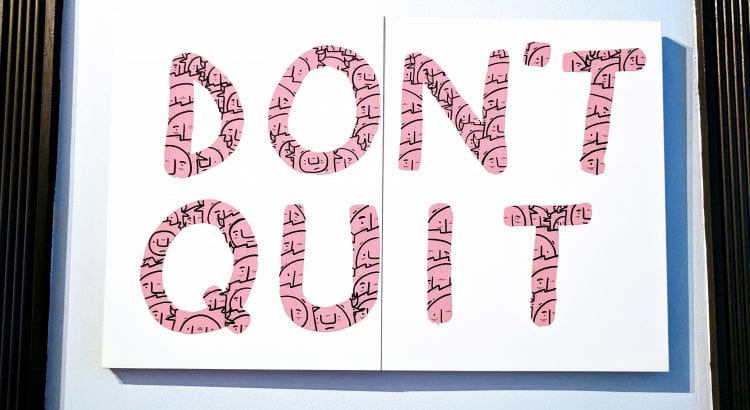On my recent interview with The Unruffled Podcast, I listed the “DBT Skills Training Manual” as one of my essential/most helpful tools for getting and staying sober while increasing creativity.
The skills in DBT, which stands for dialectical behavior therapy, are deceptively simple and designed to help you learn to cope with overwhelming emotions. Its creator, Marsha Lineham, compiled these skillsets to help patients with Borderline Personality Disorder, but I have found them really useful even though I don’t have BPD. In fact, I think they’d be helpful for any human, really. Especially humans who are deeply sensitive. And of that I can definitely be accused. 😉
The skills have helped me learn how to be more mindful of what I’m feeling and, from there, address that feeling immediately. Addressing it sometimes just means acknowledging it and letting it go. Sometimes it means reframing the emotion toward gratitude. And sometimes—most of the time—it means just admitting that it’s there.
I know. Eureka! But seriously, how many times have you experienced an uncomfortable emotion and just pushed it down and then wondered why you feel gross two hours later? What she prescribes after seeing that emotion rolling in is some good old radical acceptance. Radical acceptance is that totally unsexy thing in which all sexy solutions can be found.
In this video Lineham explains how, “Suppressing what you want is not the way to go. You have to radically accept that you want something you don’t have—and it’s not a catastrophe.” And once you get used to the fact that not having what you want is not a catastrophe, you’ll be better equipped to start a plan to get that thing you wanted OR get closer to being a peace with not having it.
“Radical acceptance would transform everyone if it’s a regular practice,” Lineham says.
In terms of creativity, I think that’s a really powerful tool. I’ve been struggling lately with taking the time I need to make new work. I feel like I’m not getting enough done quickly enough, and as deadlines I’ve set for myself just cruise on by undone, I feel worse and worse.
I know I’m not alone in this. Writer Anne Helen Petersen’s recent Buzzfeed article “How Millennials Became the Burnout Generation” went viral for a reason. And it’s not just Millennials. We are all so used to moving so fast—for financial survival, social validation, “self-preservation,” and a million other reasons—we’ve never learned how to get used to taking things slow. Taking things slowly makes us uncomfortable. It seems misaligned with how we’ve always lived our lives, achievement- and extra-curricular and pleasure-chasing culture that we are.
Plus, for me at least, going slowly also seems to be a direct affront to how much we recognize we have. As we are exposed more than ever to the injustices of this world, we feel gratitude for the unfairness we do NOT face. With that knowledge constantly top of mind, it feels like a waste of all of this privilege if we don’t do a million and one things with it; to do “nothing” with the advantages we have feels disrespectful to those who don’t have them. On top of all that, when we feel so ultimately powerless to change the world, “getting shit done” seems the least we can do.
But what, truly, are we achieving by burning ourselves at both ends? What do we avoid accepting? What real or powerful change do we avoid making when we go for the quick hits instead?
Personally, I want to take more time this year taking my time. I want to practice acceptance. And accept that I need to practice. Practice is progress and progress is better than perfection.
Perfection might get shit done faster on the surface. But usually everything is burning underneath.
TLDR:
